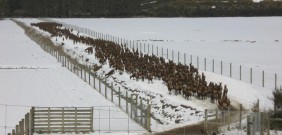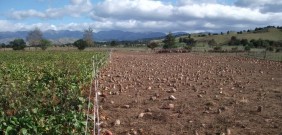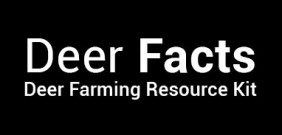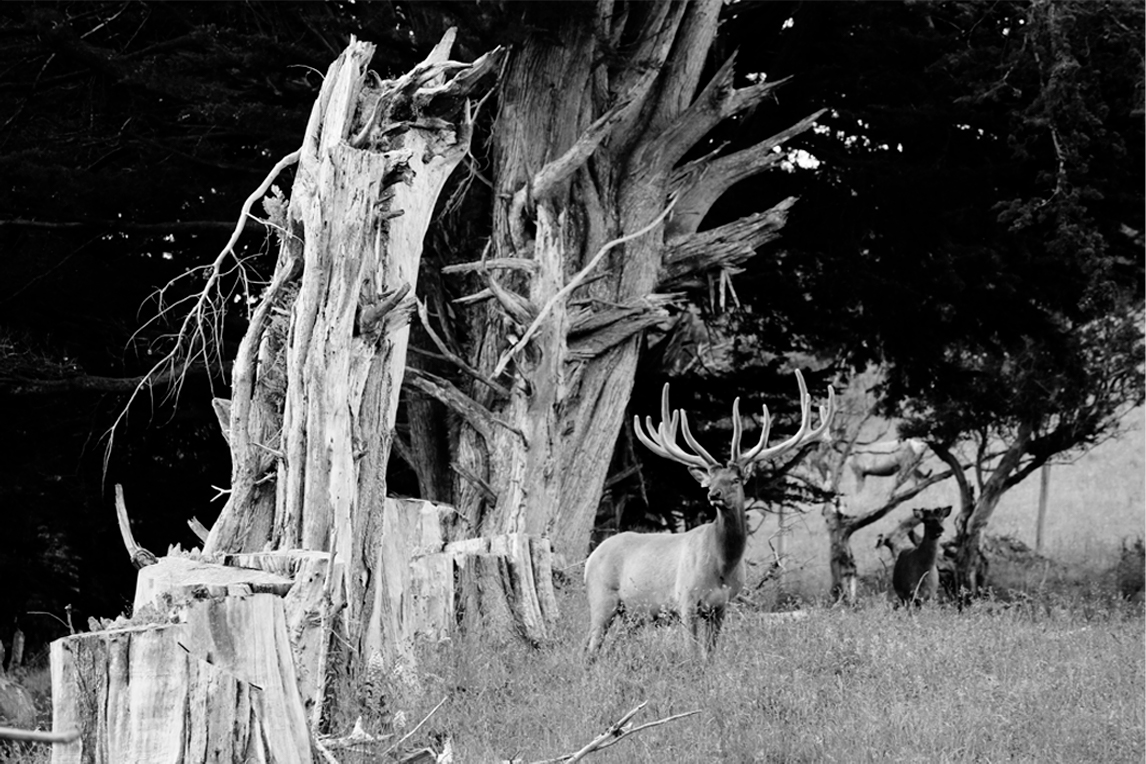Learn more about water and soil management, best practice methods to improve biosecurity on farm, and health & safety reminders to minimise risk in your business.
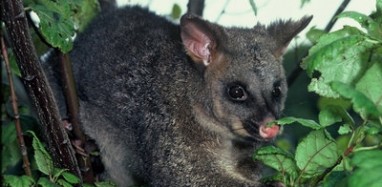
Biosecurity
Information on how to maintain biodiversity by managing the spread of pests, weeds and other organisms that cause unwanted infections.
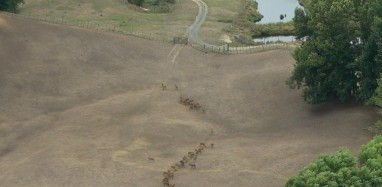
Climate change
Changes to the world climate resulting from greenhouse gas emissions caused by human activity pose an acute threat to civilisation.
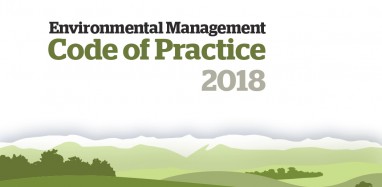
Environmental code of practice
This Code of Practice builds on the 2012 Landcare Manual to provide clear, practical guidance for minimising environmental impacts from deer farming.
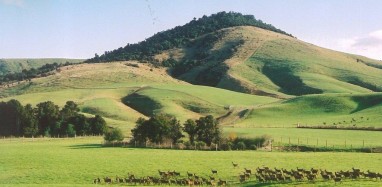
Environmental Management Handbook Modules
The Deer Industry Environmental Management Handbook is a practical, online companion to the Deer Industry Environmental Management Code of Practice.
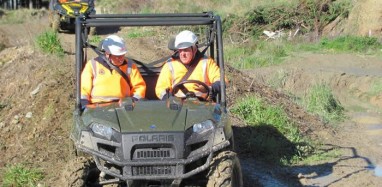
Health and safety
Farming is one of the most dangerous jobs in New Zealand. Health and Safety is one of the most important areas, if not the most important area for the deer farm as a work place.
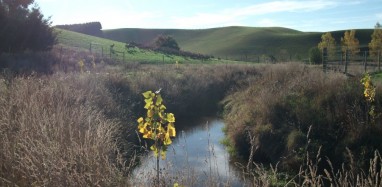
Water, soils and wallowing
Deer have specific natural needs and behaviours and if incorrectly managed, deer can threaten the quality of water and soil, with undesirable behaviour including excessive pacing, wallowing, and digging in soils.
Wintering feed systems
Winter can be a critical time for erosion of soil on deer farms. Some wintering systems, especially brassica and fodder beet crops, pose particular risks to water quality with exposed soils becoming saturated, pugged and carried away during heavy or prolonged rain into waterways.
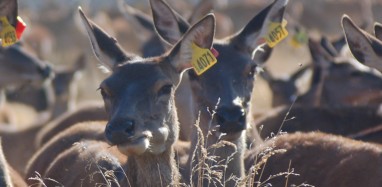
Sustainable deer farming videos
NZ Landcare Trust has worked with deer farmers to capture examples of excellent sustainable land and water management from around the country.
Government’s Greenhouse Gas proposal
Information on the Governments Greenhouse Gas proposal

